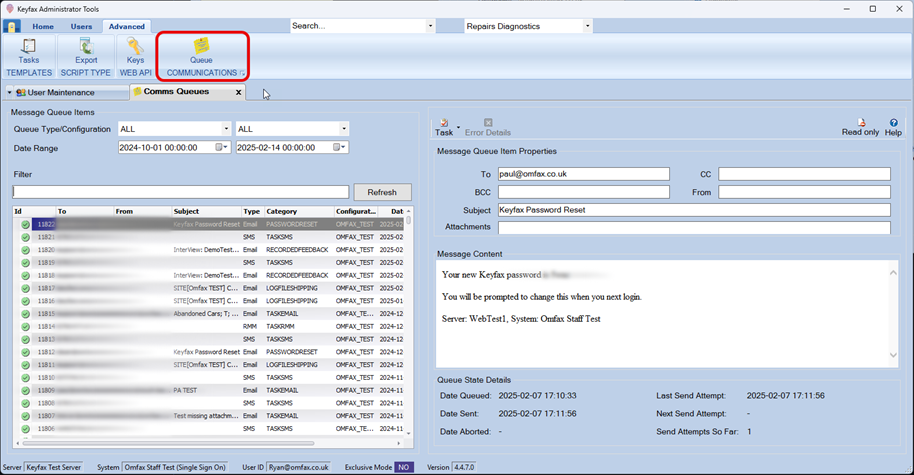25 February, 2014
Tenant Self Service – Helping Residents To Help Themselves
Tenant Self Service – Helping residents to help themselves
The maddening drip, drip, drip of a leaky tap. Sitting in the dark, unable to even make a cup of tea, after a power surge or blown fuse. Curling up under a duvet on the sofa, because the heating doesn’t come on till later, and the flat is icy cold.
In these, and countless other familiar household scenarios, most residents would love to be able to do something constructive. The problem is that many just don’t know how.
A task as seemingly simple as resetting a trip switch can seem daunting to those who have no experience of dealing with electricity. Adjusting the heating might seem an alarming prospect for anyone without technical knowledge. What’s more, for many, there is a genuine (if sometimes misplaced) concern that they will be penalised by their housing provider for damaging the property, if they attempt to fix or correct a small repair problem.
The value of responsible residents
The reality, of course, is that providers are very happy for residents to take more responsibility for their homes. Housing Associations are very happy for tenants to make certain improvements and personalising touches. They are happy for any resident to manage everyday repairs, without calling on the works team or contact centre. Not only does this help keep management costs down, but also helps build a more pleasant living environment.
Housing minister Grant Shapps once said council tenants should be offered a ‘Tenant Cashback’ scheme. This was up to £1000 a year to maintain their homes in an attempt to control the repairs budget.
Shapps said:
“Social housing should act as a springboard to help people make life better for themselves. When residents take pride in their homes it saves their landlords cash. So I think it’s right that tenants should benefit too.”
Housing association Moat welcomed the announcement to give social housing residents money to maintain their own home. Moat chief executive Brian Johnson said:
“We believe that the most successful relationship with residents is one with reduced bureaucratic control and increased empowerment.”
The government’s latest announcement fits perfectly with this belief: It now offers social housing tenants responsibility for their repairs budget, and more power over the services that we deliver in their areas.
Improved information, increased responsibility
For a number of housing organisations, the answer to this challenge has come through improved resident information: literally giving residents a handbook that explains to them how to fix common problems in the home. This information is provided as standard in all properties, and while it doesn’t oblige residents to do more around the home, it means they can do so if they wish. When the alternative is calling up and then waiting for an electrician, plumber or other maintenance professional, it’s an opportunity a large proportion of residents are only too willing to take.
At Omfax, we’ve designed our Handy Hints booklet – used by many housing organisations across the UK – for exactly this purpose. The distinguishing feature of the Handy Hints book is its use of diagrams and crystal-clear step-by-step guidance to completing the tasks: vital when you’re having to fix something by torchlight! More importantly, the guidance demystifies the problems, providing a list of any tools or equipment needed and highlighting safety issues.
As well as providing information on basic maintenance, the guides also include useful tips and recommendations. For example, in addition to explaining how to set and adjust the central heating system, there’s also content on efficient use of central heating. In this way, the guidance becomes more than an emergency handbook, and actively enables residents to take more responsibility for their home on an ongoing basis. It also indicates the kinds of improvements residents are entitled and encouraged to make, such as decorating their home.
Realising the benefits
One of the key advantages of Omfax’s Handy Hints booklets is that they have been in use for a number of years and have benefited from user feedback and continuous improvement. As a result, housing organisations can be confident that the content will meet the needs of their residents, removing the need and the cost involved in developing their own.
More importantly, the cost savings really add up due to reduced dependency on the provider to fix simple faults and undertake everyday maintenance. Works teams can focus on tasks that genuinely need specialist skills, and residents no longer feel reliant on the housing organisation for every single issue.
In other words, enabling residents to help themselves ultimately helps providers to deliver a better service – and potentially more services – while reducing unnecessary operational costs.





